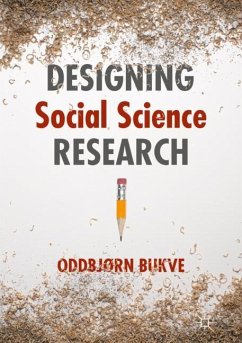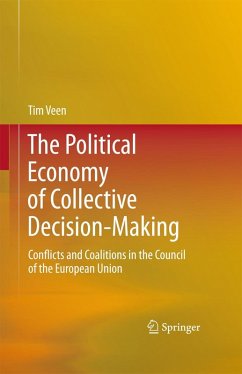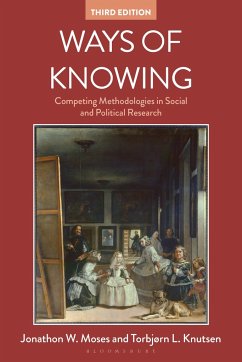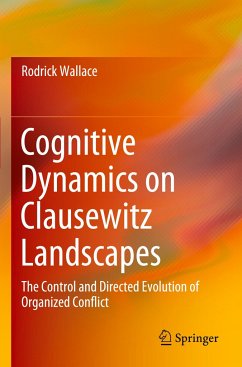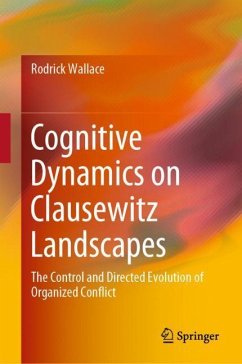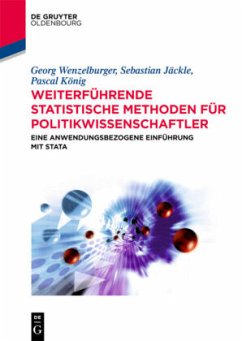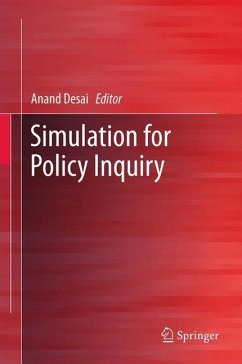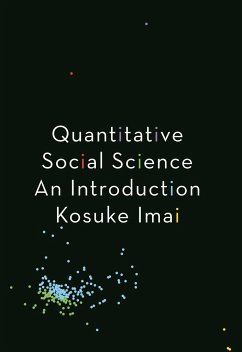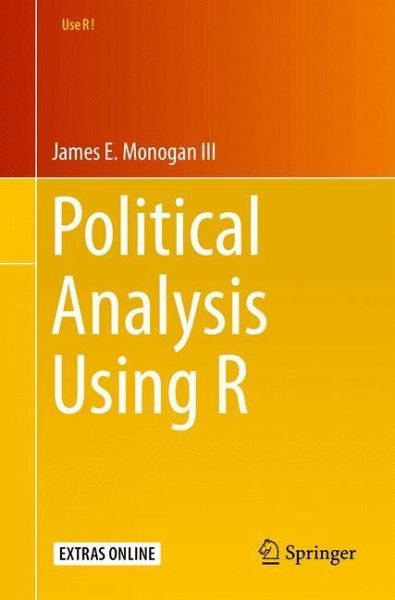
Political Analysis Using R

PAYBACK Punkte
27 °P sammeln!
This book provides a narrative of how R can be useful in the analysis of public administration, public policy, and political science data specifically, in addition to the social sciences more broadly. It can serve as a textbook and reference manual for students and independent researchers who wish to use R for the first time or broaden their skill set with the program. While the book uses data drawn from political science, public administration, and policy analyses, it is written so that students and researchers in other fields should find it accessible and useful as well. By the end of the fi...
This book provides a narrative of how R can be useful in the analysis of public administration, public policy, and political science data specifically, in addition to the social sciences more broadly. It can serve as a textbook and reference manual for students and independent researchers who wish to use R for the first time or broaden their skill set with the program. While the book uses data drawn from political science, public administration, and policy analyses, it is written so that students and researchers in other fields should find it accessible and useful as well. By the end of the first seven chapters, an entry-level user should be well acquainted with how to use R as a traditional econometric software program. The remaining four chapters will begin to introduce the user to advanced techniques that R offers but many other programs do not make available such as how to use contributed libraries or write programs in R. The book details how to perform nearly every task routinely associated with statistical modeling: descriptive statistics, basic inferences, estimating common models, and conducting regression diagnostics. For the intermediate or advanced reader, the book aims to open up the wide array of sophisticated methods options that R makes freely available. It illustrates how user-created libraries can be installed and used in real data analysis, focusing on a handful of libraries that have been particularly prominent in political science. The last two chapters illustrate how the user can conduct linear algebra in R and create simple programs. A key point in these chapters will be that such actions are substantially easier in R than in many other programs, so advanced techniques are more accessible in R, which will appeal to scholars and policy researchers who already conduct extensive data analysis. Additionally, the book should draw the attention of students and teachers of quantitative methods in the political disciplines.





